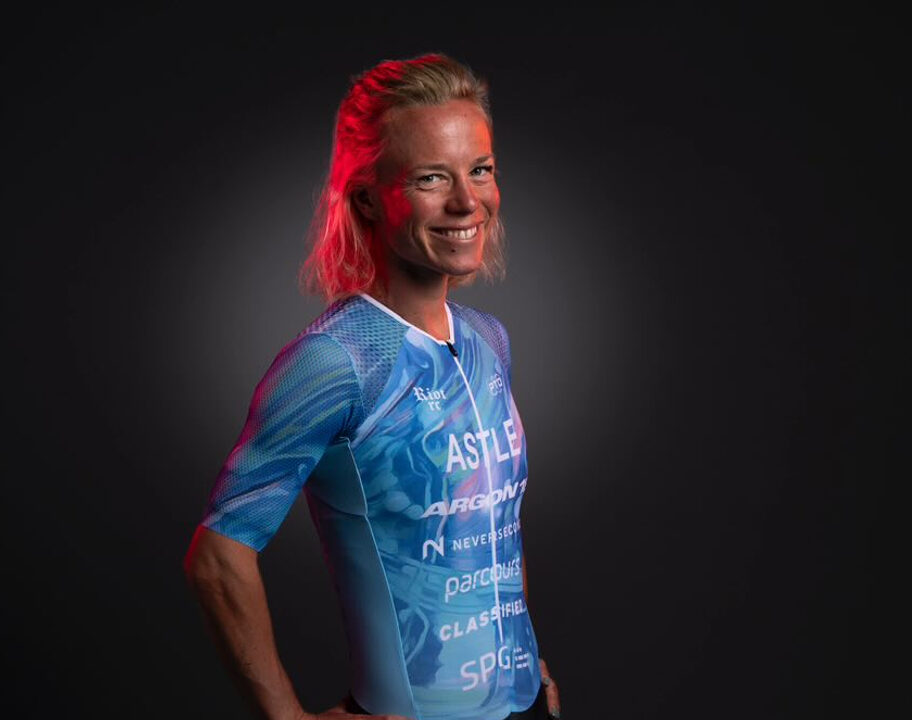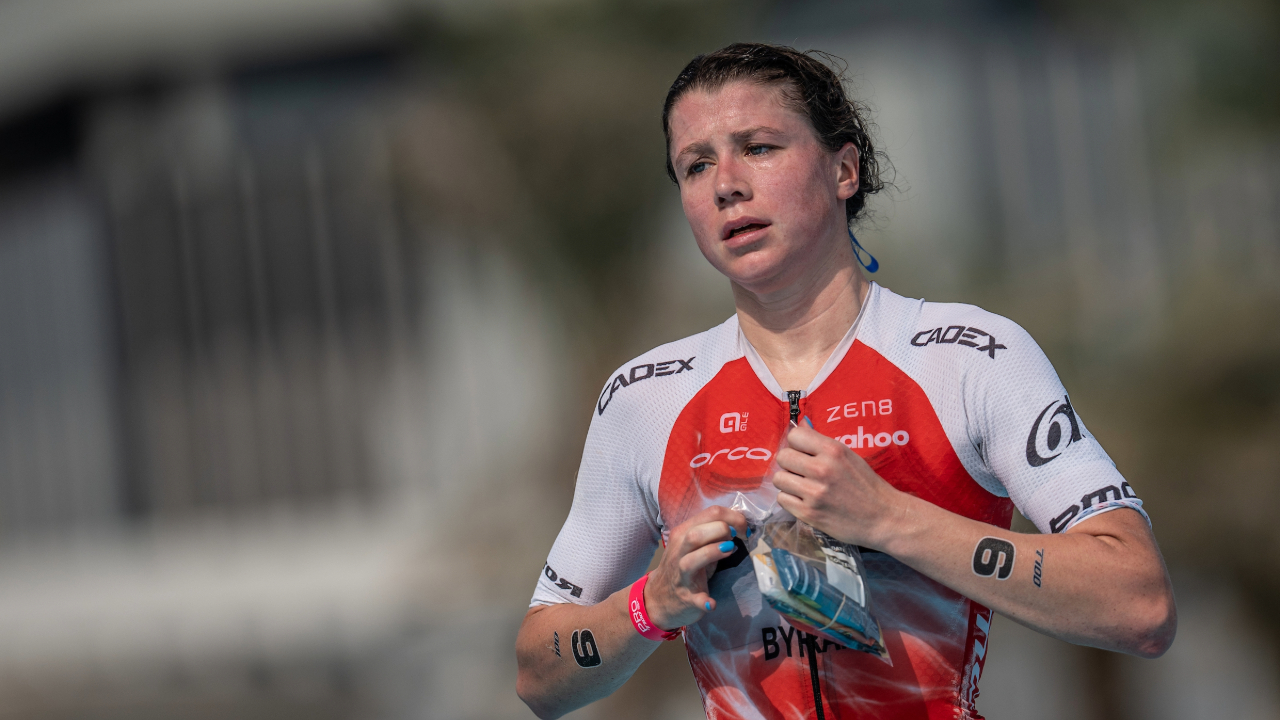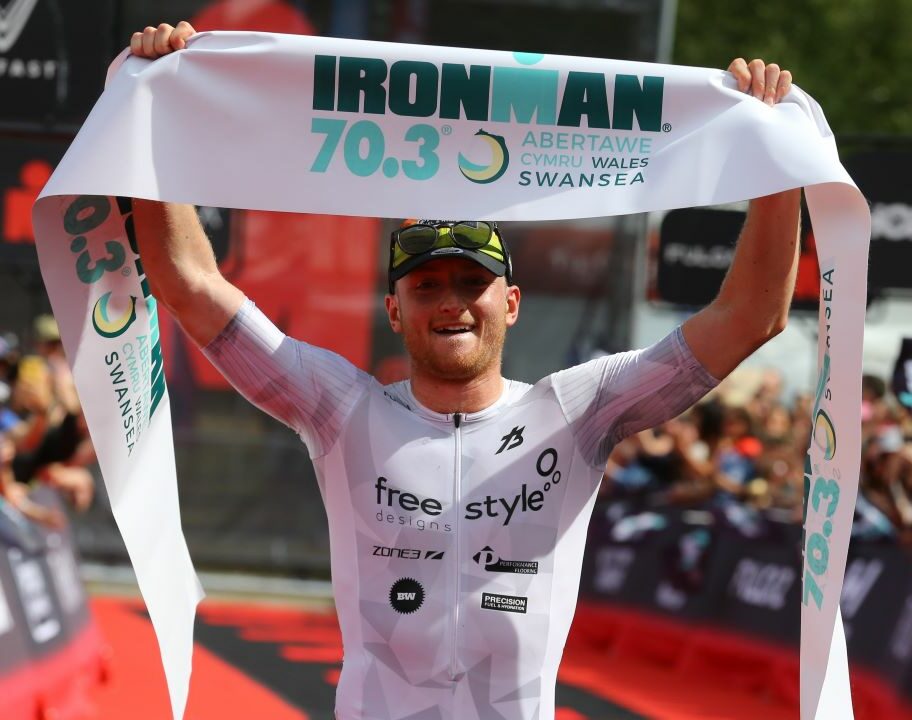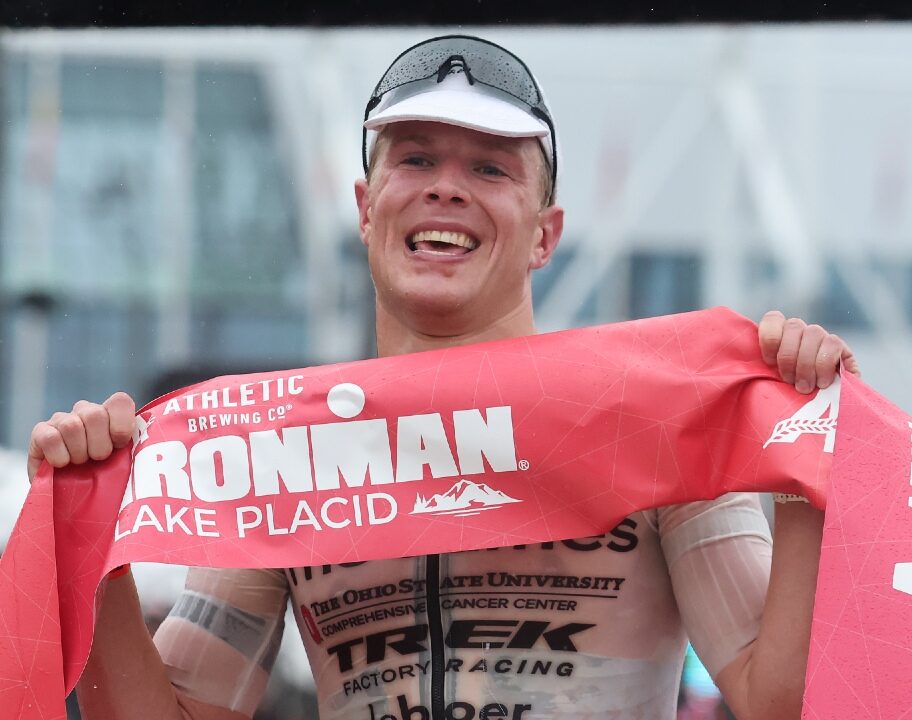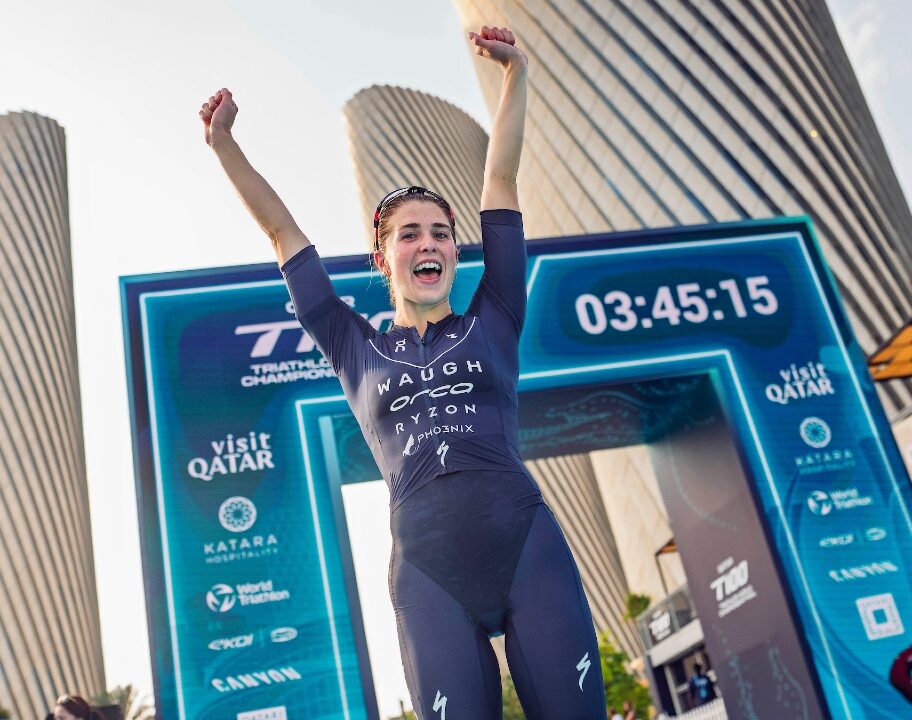Alistair Brownlee says his sibling rivalry with brother Jonny was the secret of their glittering triathlon success and spurred the pair to glory.
The Brownlee brothers dominated Olympic triathlon for years, winning three golds, one silver and one bronze medal between them.
“Most selfish person ever”
And according to older brother Alistair, who retired last year, the famously close pair would usually help each other out for only some of the event – before aiming to be “the most selfish person ever.”
He told the Business of Sport Podcast, which is embedded at the end of this article: “We knew there wasn’t anyone better to train with than each other. Competing with each other in the hard sessions at the right time was a massive positive. But when you’re doing 20 sessions a week, 35+ hours of training, you can’t compete across all of those. You’ve just got to compete on the key ones.
“In racing itself we were quite interactive. We knew that we could kind of help each other for most of the race, through the swim, through the bike. And then for the run it was kind of ‘every man for himself’.
“I don’t think you need to hate your opponent. In sport, at times you have to be the most selfish person ever, but that doesn’t mean you need to be like that the rest of the time. Some people derive motivation from their animosity towards people. Other people don’t. I think I only need it in the moment.”

Brownlee, now 36, is of course most famous for a monumental act of unselfishness in Cozumel, Mexico when he abandoned his own chance of winning the final race of the 2016 World Triathlon Series to help a dazed, staggering Jonny across the finish line ahead of him.
And Brownlee, who is the only male athlete to have completed a grand slam of Olympic, World, and continental championships, has now opened up on the “crazy” response to “one thing he gets asked about most.”
“It was crazy”
He said: “It was crazy, the response to that. It’s still the thing I get asked about most. It was at the end of a long, hard race. I had probably less than a second between seeing him and making the decision and picking him up. So there’s not a lot of conscious processing there.
“The truth is I just grabbed him because in that moment I could see what’s wrong with him and I needed to get him to the finish line and medical attention as quick as possible. Let’s go.
“In the next couple of moments I realised that the finish line is further away than I thought, if I could keep going fast we might not get caught by the people behind so we can still get on the podium, and that Jonny was trying to win the overall world title, which means he needed a good result in that race. So if I could get him across the finish line before me, he was still in with a shot at it.”








